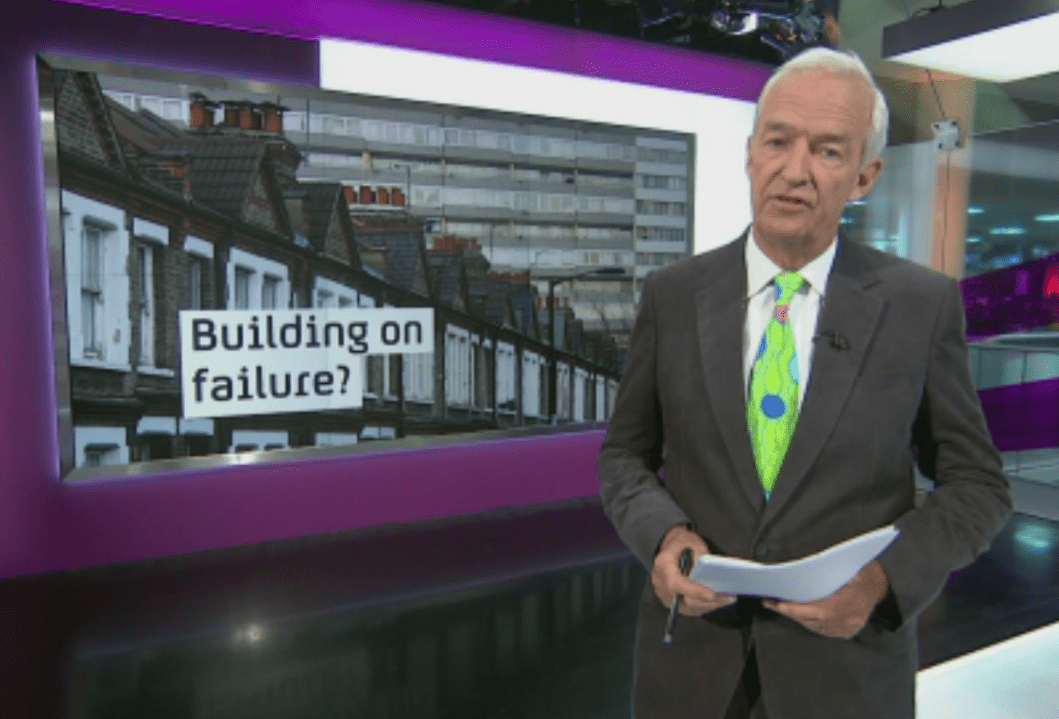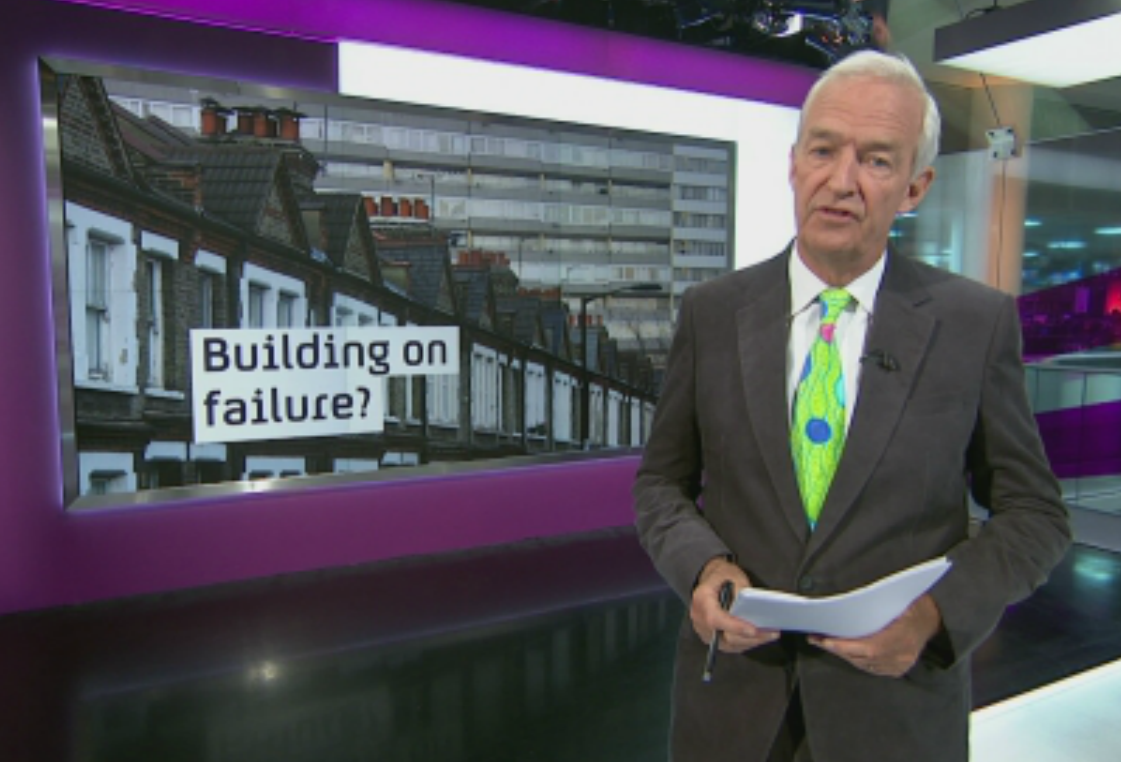Housing associations are a bit like Network Rail. They are what Tony Blair christened his ‘Third Way’ between capitalism and socialism, in the hope they would combine the best elements of both. Instead, they combine some of the worst: public sector lethargy and private sector greed.
According to a forthcoming investigation by Channel 4 News, 40 housing association executives are paid more than the Prime Minister for managing a pile of ex-council houses given to them on a plate and which were once managed by a clerk of works and a team of rent-collectors on no more than £30,000 a year.
David Cameron’s government is making life a little harder for these associations, and, not surprisingly, they don’t like it. They have not lost an opportunity since the election to complain that the proposed extension of right to buy — George Osborne’s scheme to push more people on to the property ladder — will deprive them of their assets and that welfare reform will undermine their income.
‘The election didn’t make any difference to the underlying fact that we hadn’t built enough new homes,’ says David Orr, chief executive of the National Housing Federation, the trade body for housing associations. ‘We had not focused sufficiently on regeneration; unless we start doing both of these things very quickly we will not be able to house our children.’
So why aren’t housing associations taking the initiative and building more homes? Many people have been quick to accuse private housebuilders of sitting on landbanks to cause house price inflation. Ed Miliband even threatened them with compulsory purchase if they failed to develop their land.
But private housebuilders are positively revving up their diggers compared with housing associations. Last year in England, private housebuilders started building works on 115,000 new homes. Housing associations managed just 23,300. Given that 1,500 such associations exist, that means they are each building on average just 15 homes a year.
Even during the good times, housing associations were sitting on their hands. In 2007/08, when private housebuilders put up 146,000 homes, housing associations managed just 24,100. Compare that to the 121,000 homes councils built in 1977 and you can see why we have a housing crisis: it isn’t that the private sector is selfishly sitting on land, waiting for it to increase in value; it is that social housing isn’t getting built.
Take Places for People, one of the largest housing associations, which manages 48,000 homes. Last year, it had a turnover of £485 million and made profits of £28 million. It owns assets of £3 billion. Its executives like to think of themselves as entrepreneurs and receive fat salaries. Chief executive David Cowans received £434,000 last year. And yet how many homes did it build during the year? Er, 792, of which 316 were affordable.
According to David Orr, the reason associations are not building is government regulation. ‘To build houses you need either direct support from government or you need to be able to borrow the money, using your income stream to repay the debt,’ he says. ‘Direct support from government has fallen over the past few years while, to our extreme frustration, rents are fixed by the government. The Chancellor’s decision to reduce rents by 1 per cent a year for the next four years has taken tens of billions of pounds away from housing associations.’
What he didn’t seem interested in telling me was that George Osborne also announced that better-off social housing tenants (those earning more than £40,000 a year in London and more than £30,000 elsewhere) will in future have to pay market rents, increasing the revenue available to housing associations. The Treasury doesn’t seem to have worked out the net cost or benefit of these measures, but there is going to be some extra money coming in to compensate housing associations for what they lose. It is a bit rich claiming that housing associations have been starved of grants, even if it is correct that the government cut the size of their grants in 2010. Over the last 14 years, housing associations received £23 billion in government grants. That is enough to cover the building costs of 230,000 homes — nearly as many as the sector built over the period.
If housing associations say they are struggling to build homes on government grants, perhaps they need to find a cheaper way of building them. When Channel 4 News asked associations how much it costs them to deliver a new home they said £150,000. Yet when they asked the Home Builders Federation (which represents private housebuilders) the same question, they quoted an average of £90,000 for a three-bed, land included.
David Orr claims that councils are reluctant to sell land. ‘If you talk to most local authorities, they are reluctant to release land at below market value, or even at market value as they hope the value of the land will go up.’ This is a little hard to believe, given the number of private developments which have sprung up on playing fields, sites of old schools, leisure centres and so on in recent years. Moreover, it is in councils’ interests to sell surplus land to housing associations to increase the available social housing stock.
If housing associations say they aren’t raising enough money from rents to finance the construction of new homes, then why not build more properties for shared ownership or outright sale, therefore giving them another source of income? There is a vast market for budget-priced housing among frustrated homebuyers, and nothing to stop housing associations from doing this. A few do, but it is a market which housing associations are largely not bothering to tap.
Is that not because housing associations are less entrepreneurial than private house-builders? They see their job as managing the remnants of social housing left behind after Mrs Thatcher. When social housing is built it is often because a council has done a deal with a private developer in return for planning permission for private housing: the developer then puts up the housing on behalf of the housing association. But the housing associations have never really got their noses into the business of building homes because they lack sufficient incentive.
The government’s plan to extend the right-to-buy to housing association tenants, with big discounts, has serious problems. On its own, it will reduce housing stock, which will not be replaced. But to listen to bleating housing association chiefs you might think they had some kind of answer to the housing crisis. Sadly, they do not.








Comments